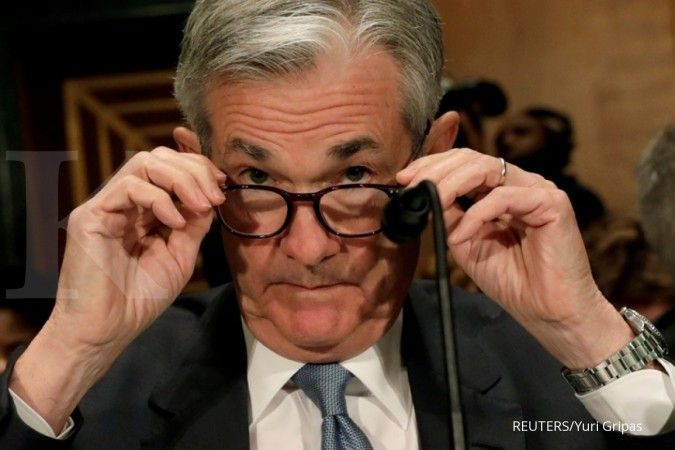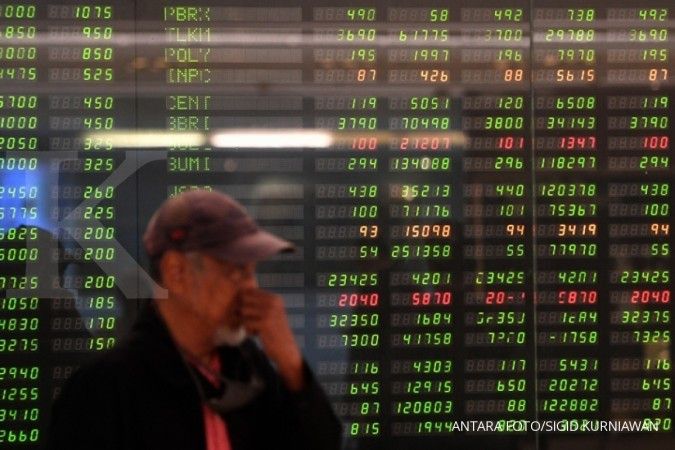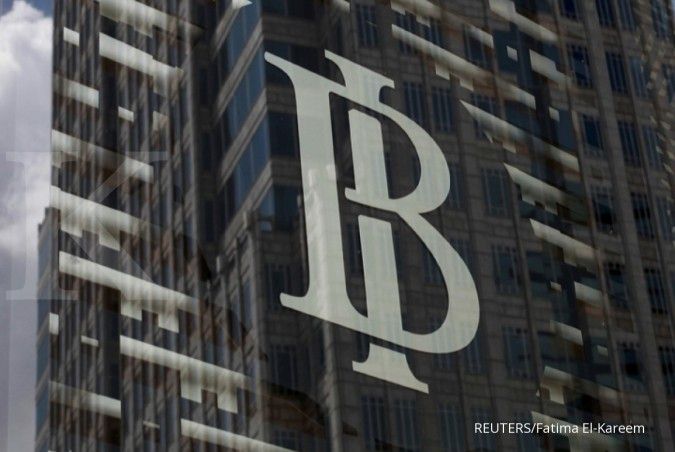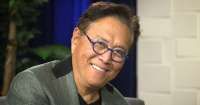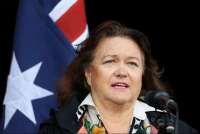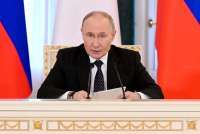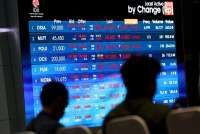Sumber: The Fed | Editor: Hasbi Maulana
JEANNA SMIALEK. Hi, Jeanna Smialek with Bloomberg News. So, obviously, you guys reduced your [inaudible] estimates late today, but if you continue to see job gains around 200,000 a month, primary labor participation rising slightly, pretty sustainably, you know, moderate wage increases, at what point are you guys going to start to question whether you're actually overshooting full employment? And, if you start to question that, how is that going to impact policy?
CHAIRMAN POWELL. So, I guess, I'd start by saying that the natural rate of unemployment is not something that we can observe directly. We look at a wide range of indicators on that. You know, 15 or 20 of them at least, and also, I think we all understand that any point estimate is surrounded by very wide uncertainty events. So, as the, as the actual unemployment rate has declined from 10 percent to 4.1 percent, the Committee's median estimate of the natural rate of unemployment has also declined by a full percentage point. So, the Committee, and I think, people are generally influenced by data. As they see unemployment going lower, they're looking at a variety of aspects of the labor market, including wage inflation and price inflation. So, I don't think we, we, we're mindful of the uncertainty of that, and we'll be looking at that. So, as, if inflation, if unemployment does continue to go down, we'll continue to do that. As I mentioned earlier, there is no, there's no sense in the data that we're on the cusp of an acceleration of inflation. We have seen moderate increases in wages and price inflation, and we seem to be seeing more of that. We'll be alert to that. I guess the idea, the theory would be that if you get below the sustainable rate of unemployment for a sustained period, you would see an acceleration of inflation. So, we would know that, then. And, we're very alert to it, but it's not something we observe at the present.
SAM FLEMING. Thanks very much. This is Sam Fleming from Financial Times. You and other policy makers have talked about headwinds turning into tailwinds recently. Does that imply that you think now in a higher neutral rate of interest is operative in the U.S. economy, and how would you assess the implications for monetary policy? Second question, this obviously your first press conference, so it's a little early to ask this question, but would you like to do this more often? Thanks.
CHAIRMAN POWELL. Longer-run values like the neutral rate of interest, the natural rate of unemployment, the potential growth rate of the economy are pinned down by slow moving forces over time. So, they don't move around very much. So, I wouldn't expect the Committee's, you know, predictions or projections or estimates of those values to move quickly. They'll move slowly. So, is it possible that the neutral rate of interest would move up because of, for example, greater fiscal expansion? There's literature that says that. There are reasons that that might be the case. In fact, it did take up 1/10, as you will know, in the, in the median at this time. But, it's, I think, generally speaking, the Committee sees the neutral rate of interest as still quite low and is not, is not seeing it as having moved you and is open to the possibility that it will. Press conferences. So, that's something that I'm going to be carefully considering. I have not made a decision about it. My colleagues and I are committed to communicating as clearly as possible about what we're doing and why we're doing it. I would want to think very carefully about it and make sure that no one would take more frequent press conferences as a signal of the path of policy. And so, it'll something that I'll be thinking about.
ADAM SHAPIRO. Adam Shapiro with the Fox Business Network. You brought up fiscal stimulus and the impact it's having, and I was curious how is the change in the federal budget deficit, because the stimulus is coming with great debt. Has it changed your approach to how many securities you're going to allow to roll off the balance sheet, and is there a level of Treasury supply at which the Fed would consider adjusting its balance sheet roll off given how much the U.S. government's going to have to borrow going forward? And, then a second question, things beyond your control. The President's expected to announce new tariffs against China, and has the Committee discussed what potential impacts that could have in regards to inflation, and do you have a timeline as to how you would respond to that?
CHAIRMAN POWELL. So, in terms of the balance sheet, we've said that, you know, we carefully developed this plan, we carefully socialized it in a series of meetings last year. We announced it, and we said we wouldn't change it really unless there were significant downturn that required, you know, meaningful reductions in interest rates. And, I have no inclination to revisit that. We're going to use monetary policy as the principle tool of adjusting, you know, our policy. So, on the second question, on tariffs, a number of participants in this FOMC did bring up the issue of tariffs, and if I could summarize what came out of that. It was, first, that there's no thought, I think, that changes in trade policy should have any effect on the current outlook. Second thing is, I would say is that a number of participants reported in, about their conversations with business leaders around the country and reported that trade policy has become a concern going forward for that group.


/2018/03/08/443373005.jpg)
